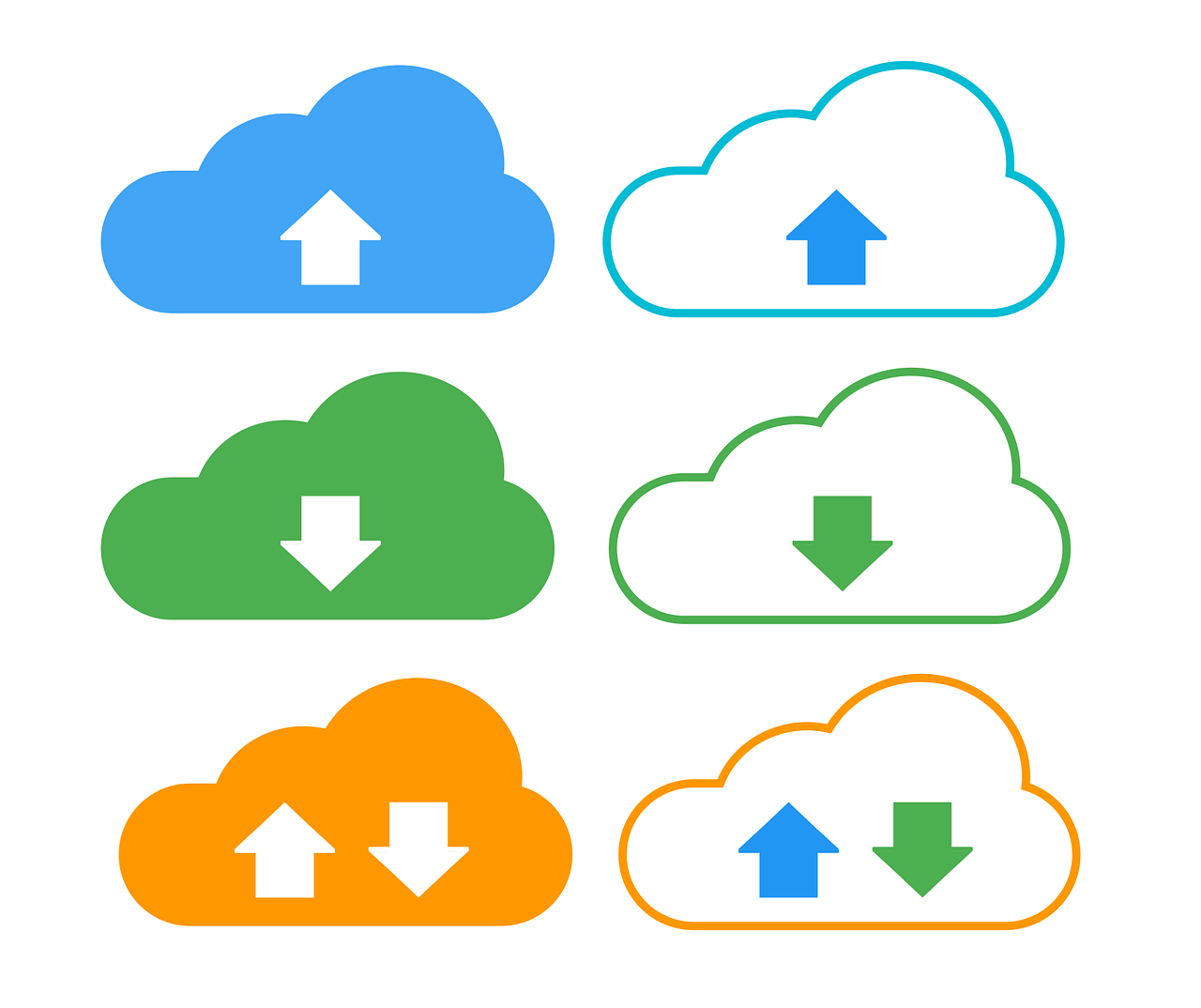
August 2, 2023, 10:59 am
In the modern era of digital technology, Electronic Health Records (EHRs) have revolutionized dental data management, streamlining patient care and practice operations. Gone are the days of cumbersome paper records; EHRs have emerged as a powerful tool that enables dental professionals to efficiently capture, store, and access patient information securely.
Centralized Data Storage:
EHRs provide dental practices with centralized data storage, consolidating patient information, medical history, treatment plans, and diagnostic records in one secure digital location. This accessibility ensures that dental professionals have quick and convenient access to relevant patient data, empowering them to make informed decisions at the point of care.
Improved Data Accuracy and Integrity:
The digital nature of EHRs significantly reduces the risk of errors and inaccuracies compared to traditional paper-based records. Dental professionals can input data directly into the system, minimizing transcription errors and ensuring data integrity throughout the patient journey.
Enhanced Patient Care and Personalization:
EHRs play a critical role in enhancing patient care and personalization. Dental professionals can access patients' comprehensive medical histories and treatment plans, allowing for a more holistic understanding of their oral health needs. This personalized approach fosters better patient-provider communication and supports evidence-based treatment decisions.
Efficient Appointment and Scheduling Management:
EHRs streamline appointment and scheduling management, optimizing practice operations. Dental teams can efficiently book, reschedule, or cancel appointments, reducing wait times and improving patient satisfaction.
Data Security and Privacy Compliance:
EHRs prioritize data security and privacy, ensuring compliance with regulations such as the Health Insurance Portability and Accountability Act (HIPAA). Encryption, access controls, and audit trails protect patient data from unauthorized access or breaches.
Automated Alerts and Reminders:
EHRs offer automated alerts and reminders for appointments, follow-ups, and preventive care. These timely notifications help patients stay on track with their oral health and treatment plans, leading to improved patient adherence and retention.
Data Analysis and Insights:
EHRs generate valuable data insights that aid in dental practice management. By analyzing patient data trends, dental practices can identify opportunities for improvement, track treatment outcomes, and make data-driven decisions that enhance patient care and practice performance.
Seamless Interoperability:
EHRs enable seamless interoperability among healthcare providers, facilitating better collaboration and patient care coordination. Dental practices can securely share patient data with specialists, laboratories, or other healthcare facilities, ensuring comprehensive and integrated care.
Paperless and Environmentally Friendly:
Adopting EHRs reduces the reliance on paper-based records, contributing to a greener, more sustainable environment. This digital shift aligns with the global trend towards eco-friendly practices in healthcare.
Continuity of Care:
EHRs ensure continuity of care, even in case of patient transfers or emergency situations. With comprehensive patient records readily available, new dental providers can seamlessly take over care, ensuring uninterrupted treatment for the patient.
The role of EHRs in dental data management is undeniably transformative, revolutionizing patient care and practice operations. By providing centralized data storage, enhancing data accuracy, and facilitating personalized patient care, EHRs empower dental practices to deliver exceptional experiences to their patients. Efficient appointment management, robust data security, and data analysis capabilities further amplify the benefits of EHRs. Embrace the power of EHRs in your dental practice, and unlock the potential for seamless data management, enhanced patient care, and sustained practice growth. With EHRs as your ally, the future of dental data management is digital, secure, and focused on elevating patient care to new heights of excellence.
